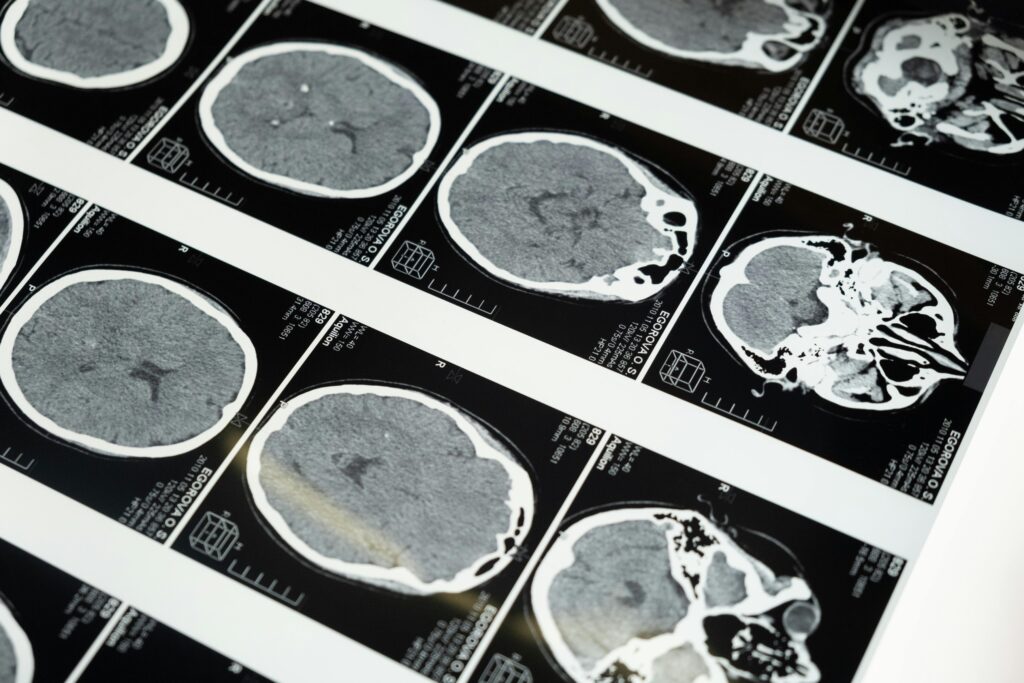News Team member Caroline Hansen reports that hospital closures across the United States threaten equitable healthcare access for rural populations and demand solutions.
Teratology Research Reveals Potential Links Between Prenatal Acetaminophen Use and Neurodevelopmental Disorders
By Manju Karthikeyan
An NIH-funded study conducted by a team of Australian researchers, published in 2019 in JAMA Psychiatry, revealed a link between prenatal exposure to acetaminophen and an increased risk of children developing ADHD and autism spectrum disorder (ASD). This research represents the power of teratology, an emerging medical field.
Ami Ikeda, a doctoral student in clinical science and researcher at the Behavioral Genetics of Addiction Lab at Emory University, defines teratology as the study of how teratogens — substances disrupting normal development — affect the growth process.
Dr. Julie Kable, an associate professor and pediatric psychologist specializing in behavioral teratology at Emory School of Medicine, explains that the field of teratology emerged in the 1960s after medications given to pregnant women led to birth defects, such as limb deformities in their children. This was triggered by the 1961 thalidomide tragedy, in which pregnant women across the United States and Europe were given the drug thalidomide to treat nausea, only for their children to be born with a lack of arms and legs, and underdeveloped organs.

“The findings of this scandal opened everyone’s eyes to the fact there is a placental barrier screening out toxins that moms were taking in and protecting the baby,” Dr. Kable says.
Ikeda says, “It is important to understand why these disruptions on typical development occur in the first place so that early identification [efforts], improvements, interventions, and changes [can be made] in public policy”. A prioritization of teratology research initiatives will improve outcomes for patients and their families, whether that be in the 1960s or the modern world.
Associating acetaminophen use with ADHD and autism spectrum disorder
The association between acetaminophen exposure during pregnancy and ASD or ADHD development in children was established via a cord plasma biomarker, which looks at blood in the umbilical cord, which connects the fetus to the mother to obtain nutrients and oxygen. Using these biomarkers, researchers can then measure different levels of acetylcholine through metabolites, which are byproducts of acetylcholine reacting in the cord plasma. These levels of acetaminophen were then associated with medical records where a physician diagnosed a child with ADHD, ASD, and other developmental disorders.
“Involving a marker with cord plasmas [does] add some value to this study [for it is] a biological measure of the [acetaminophen] exposure itself,” Ikeda says. In addition to the significance of biological markers, this study also contained 996 mother-infant dyads, providing statistical power to pick up significant side effects. Dr. Kable says: “This [study] does establish a relationship between levels of acetaminophen and byproducts of biomarkers of acetaminophen metabolism that are related in a dose-response way to these adverse neurodevelopmental outcomes.”

However, it’s crucial to understand that this finding indicates an association, not causation. This means we cannot conclusively say that taking acetaminophen during pregnancy directly causes ADHD or autism in children. There could be other confounding variables at stake. That is an important caveat, because acetaminophen is found in a variety of pain medications (such as Tylenol), so the amount of women and children that could be affected by this finding is potentially immense.
Dr. Kable asks, “Is it acetaminophen that is causing [these symptoms] or is it something that caused you to use acetaminophen?” She adds, “Women who experience hypertension in pregnancy could experience headaches [contributing to acetaminophen use]. And so then it could be that there’s something wrong with your hypertension or the vascularization of the placenta contributing to these neural developmental problems [not acetaminophen alone].”
Ikeda also adds: “These studies don’t necessarily provide an accurate representation of the quantity or dose the fetus was exposed to that whole time. It kind of more so provides a snapshot potentially.” And, she points out, both ADHD and autism haver heritable components. Thus, familial history, the housing environment, and other external factors could be involved.
This study did control for other teratogens, such as alcohol and tobacco, as well as other maternal characteristics that contribute to adverse developmental outcomes. Moving forward, a stronger association between acetaminophen use and neurobehavioral disorder development could be established via animal and preclinical human data.
Evaluating acetaminophen recommendations
This study does not provide causal evidence that acetaminophen use induces autism and ADHD development in children. From a purely correlational perspective, however, it is concerning. Ikeda says: “This study suggests that taking acetaminophen during pregnancy could potentially be harmful.” Dr. Kable adds: “There is a convergence of studies suggesting that some acetaminophen, particularly at higher dosage levels, is contributing to some adverse developmental outcomes.”
Does this mean that pregnant women, and the general public, should stop consuming pain medications altogether? Not necessarily. But “minimizing external non-nutrient substances as much as possible, and being careful of all other things contributing to adverse outcomes” such as infections or inflammation are critical, in Dr. Kable’s view.
Ikeda offers this advice: “The best rule of thumb, for women who are either trying to get pregnant or are pregnant, is to consult with their medical providers and talk through whether or not [taking medications containing compounds like acetaminophen] would be the appropriate decision for them given what symptoms they’re presenting with and the possible risk factors.” Teratology is a growing field with many questions that remain unanswered. Remaining cautious of what we put into our bodies, even something as common as Tylenol, might be our safest bet.
